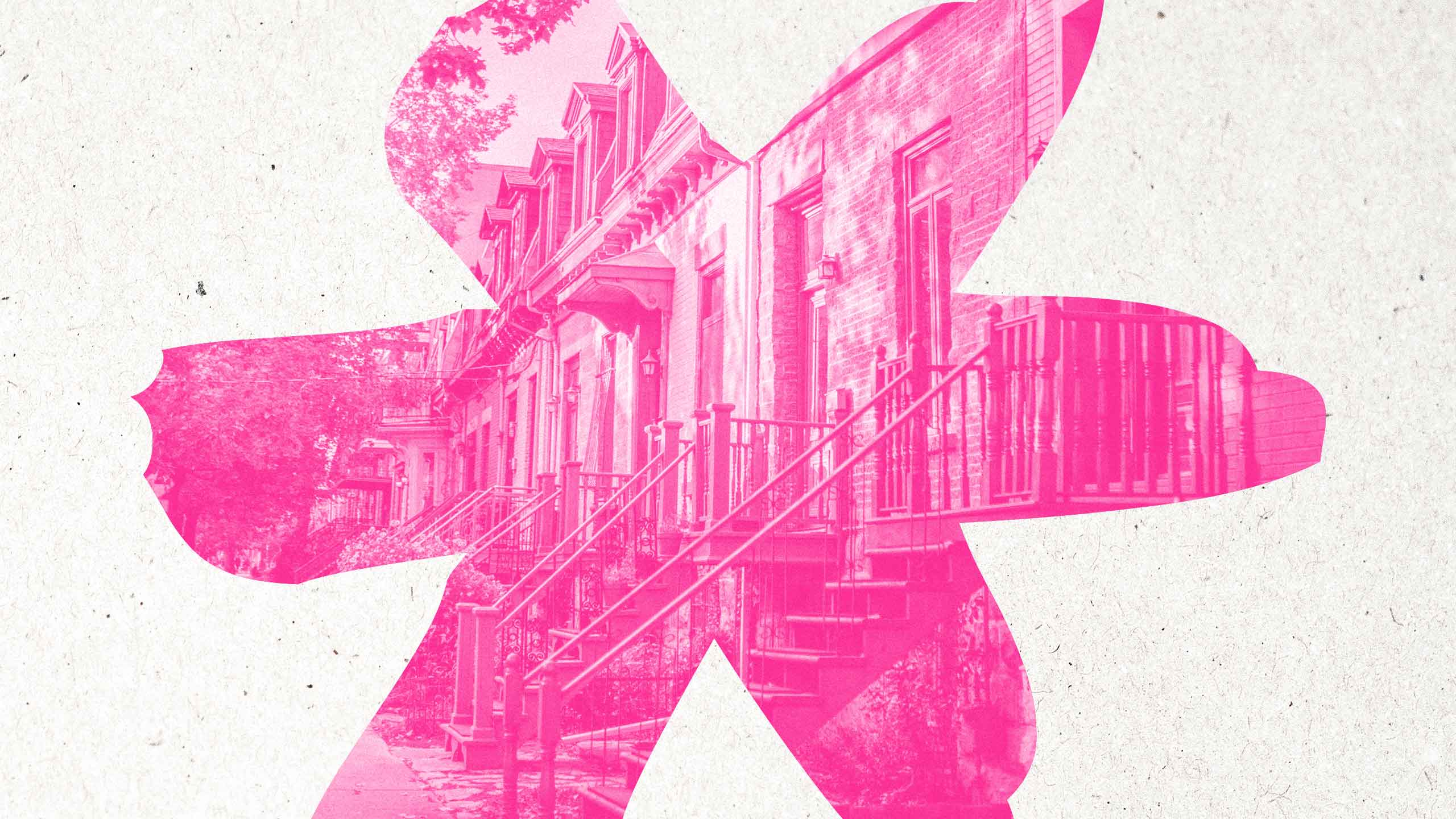
Hi, all! This is Ziya Jones, Xtra’s senior editor, health, coming to you from an unseasonably warm Montreal. This week has been a long one so let’s jump in.
Remember, “Topline” is just a sample, so be sure to subscribe to Xtra Weekly to get the full newsletter delivered to your inbox on Friday!
What’s the buzz 🐝?
When I moved in with my girlfriend last January we swore we were staying put. She had just escaped two exploitative roommate situations in a row, and our new home together was the fourth apartment she’d lived in over the course of a year—the fifth, if you count the month she spent in my small one-bedroom before we signed a new lease together.
Yet last weekend, we found ourselves shuffling in between Montreal apartment viewings. The pandemic had changed what we are looking for in a living space: For the first time in either of our lives, we are moving simply because we want to find something better (a quieter building with outdoor space) rather than because we can no longer stay in our current home.
We had some anxieties going in. We’re over pretending to be “roommates,” and as a visibly trans and queer couple, the worry that some landlords might rule us out as prospective tenants on the basis of sexual orientation and gender identity never really goes away. While Montreal’s vacancy rate is currently at 2.7 percent, a merciful increase from the pre-pandemic rate of 1 percent, the price of rent continues to rise and renters are finding themselves in competition with one another in order to secure affordable housing.
We wound up being lucky. We loved the third place we saw, and within 24 hours of the viewing, we were told we could become tenants. It all feels a bit miraculous.
What were we thinking 🏡?
Montreal remains one of the most affordable large cities in Canada, but it is experiencing its own rental crisis alongside countless other cities. The pandemic didn’t slow the astronomical rise of housing prices here or in places like Toronto, Boston and Seattle. Coupled with governmental neglect of the working class throughout the pandemic, many residents are facing undue financial strain. The LGBTQ2S+ community, particularly youth and queer and trans BIPOC folks, feel the strain of these crises more strongly than the general population. They experience higher rates of both housing descrimination and street involvement.
As the pool of North Americans able to afford home ownership continues to shrink, the rest of us are left to rent. Unfortunately, many renters lack a full understanding of our rights, or don’t have the time and resources to ensure that they’re upheld. In Montreal, for example, I was surprised to learn from a friend that some households might actually qualified for a rent decrease this year.
While a lack of knowledge and resources put tenants at risk of exploitation from predatory landlords, there are ways to fight back. As housing crises reach their boiling points, renters in multiple cities have been harnessing the power of collective action to reclaim their homes and assert their rights. From putting pressure on governments to institute rent freezes to providing workshops on tenant rights to reclaiming empty, investor-owned properties, the only way to fight this crisis is together.
In other Xtra news 🌎
👉 Researchers are turning to mRNA technology developed for the Moderna COVID-19 vaccine in order to move forward with a vaccine for HIV.
👉It’s a haircut shared by middle-aged bikers, 1980s fitness instructors and me, your humble newsletter writer. Read about the forgotten queer history of the mullet.
👉Gay people love and die and want to be interred with their partners forever, too, which is why a couple’s quest to buy a companion urn—one that would hold both their ashes—spurred the funeral industry to become more inclusive.
👉In this excerpt from her new memoir, Ontario politician-turned-minister Cheri DiNovo remembers discovering her queer Christian faith.
👉Ahead of Queen Sugar’s season finale next week, Tre’vell Anderson spoke to three queer women directors on what it’s like being part of Ava DuVernay’s series in which every episode has been directed by a woman.
👉Want more headlines? Subscribe to Xtra Weekly.
Gifbox
Wishing all my fellow travellers a smooth move:



 Why you can trust Xtra
Why you can trust Xtra


